BADEN-WÜRTTEMBERG, GERMANY—An analysis of DNA samples suggests that elite Iron Age Celts may have passed power along matrilineal lines, according to a Live Science report. The samples were taken from 31 skeletons recovered from seven burial sites in southwestern Germany that have been dated to the sixth and fifth centuries B.C. and include gold and bronze artifacts. State of Baden-Württemberg archaeologist Dirk Krausse and his colleagues identified two men buried in neighboring mounds who were likely an uncle and a nephew through shared maternal ancestry, while a woman and a man buried in mounds about 60 miles and 100 years apart may have been a great-grandmother and her great-grandson. Another two samples were found to have been individuals born to parents who were first cousins. Population geneticist Stephan Schiffels of the Max Planck Institute for Evolutionary Anthropology explained that although power was not commonly passed through the maternal line in Iron Age Europe, it was known to occur when confidence in an offspring’s paternity may have been low. “If a ruler has children on their own but also passes power to their sister’s children, then there might be an incentive to merge the direct and the sister’s lineage, which would then result in first-cousin matings through the female line,” he explained. “But we cannot prove such a scenario from the genetic data,” he cautioned. Read the original scholarly article about this research in Nature Human Behaviour. To read about a large cache of Iron Age metal objects found in western Germany, go to "A Twisted Hoard."
Genetic Study Investigates Relationships Between Iron Age Elites
News June 5, 2024
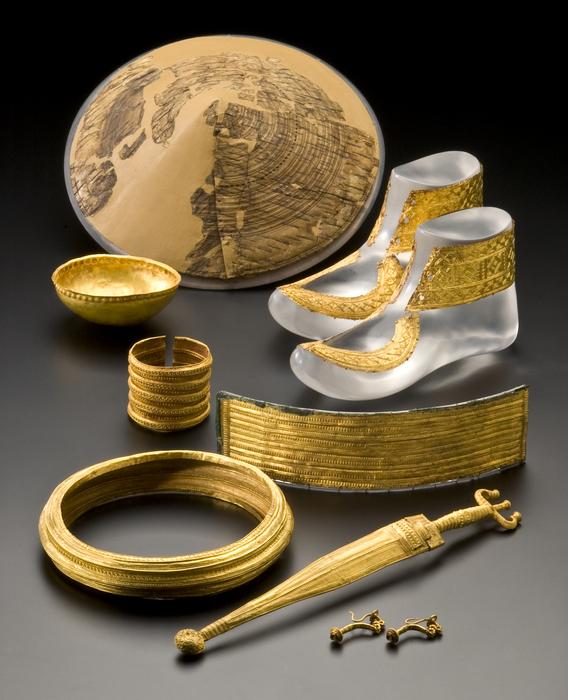
Recommended Articles
Features November/December 2024
Let the Games Begin
How gladiators in ancient Anatolia lived to entertain the masses
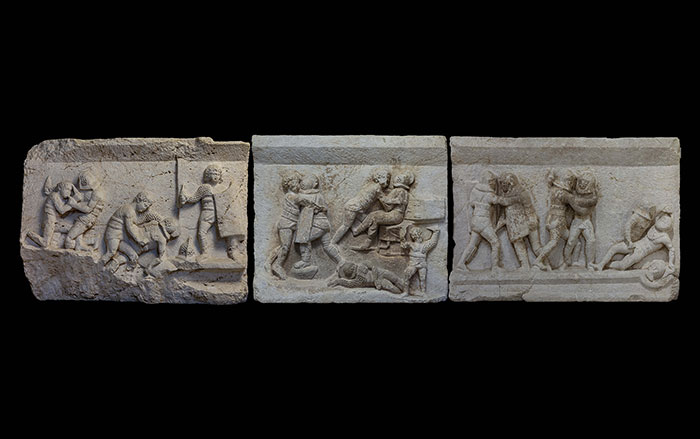
Features November/December 2024
The Many Faces of the Kingdom of Shu
Thousands of fantastical bronzes are beginning to reveal the secrets of a legendary Chinese dynasty
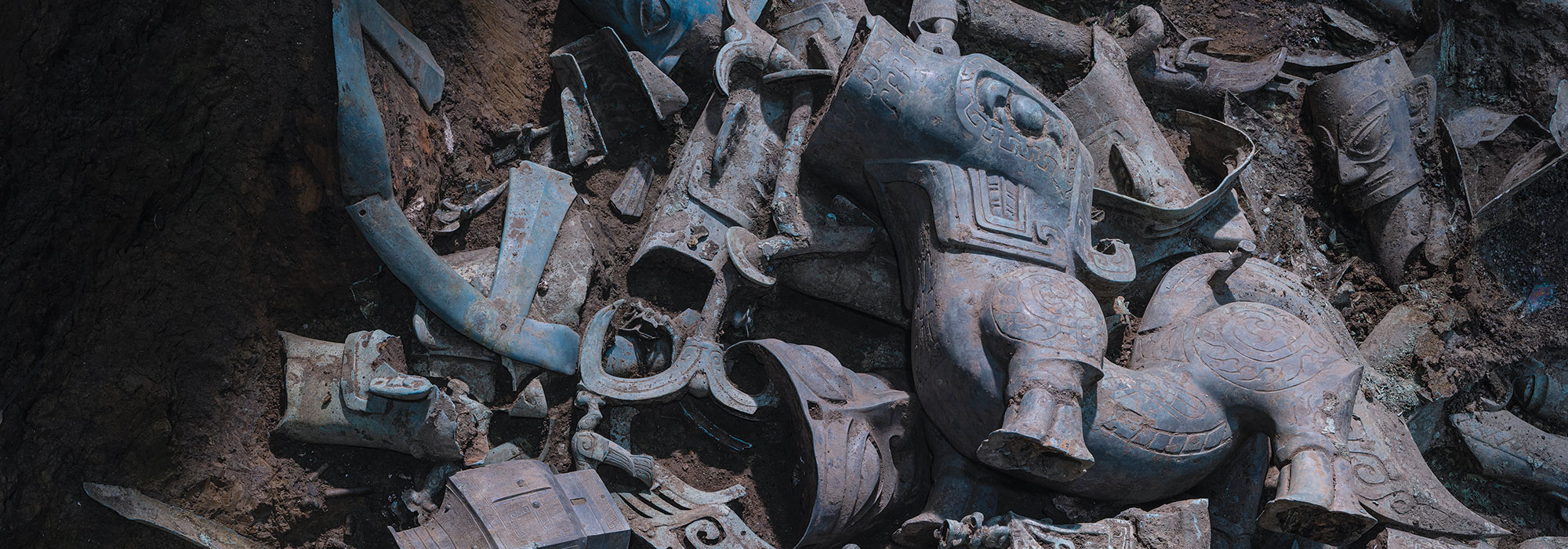
Digs & Discoveries November/December 2024
Egyptian Crocodile Hunt
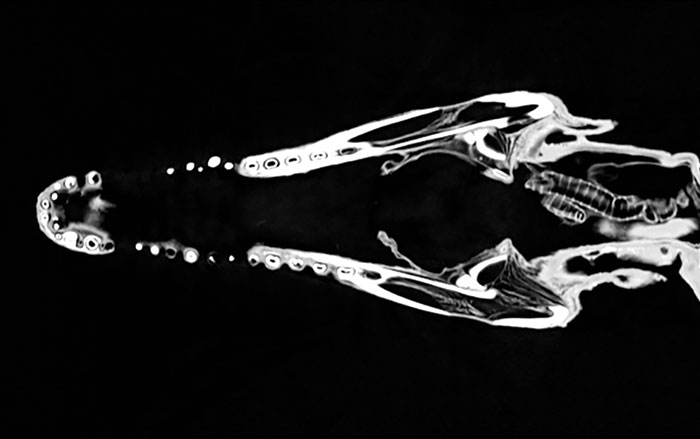
Digs & Discoveries November/December 2024
Monuments to Youth
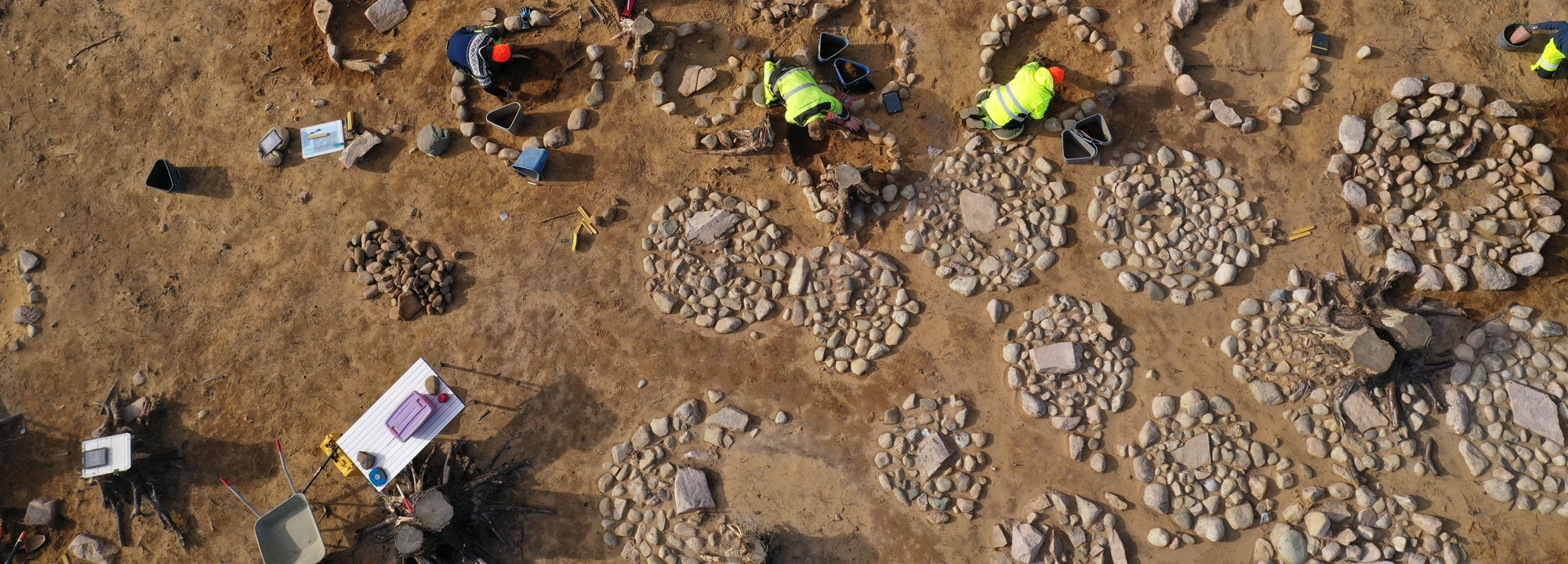
-
Features July/August 2024
The Assyrian Renaissance
Archaeologists return to Nineveh in northern Iraq, one of the ancient world’s grandest imperial capitals
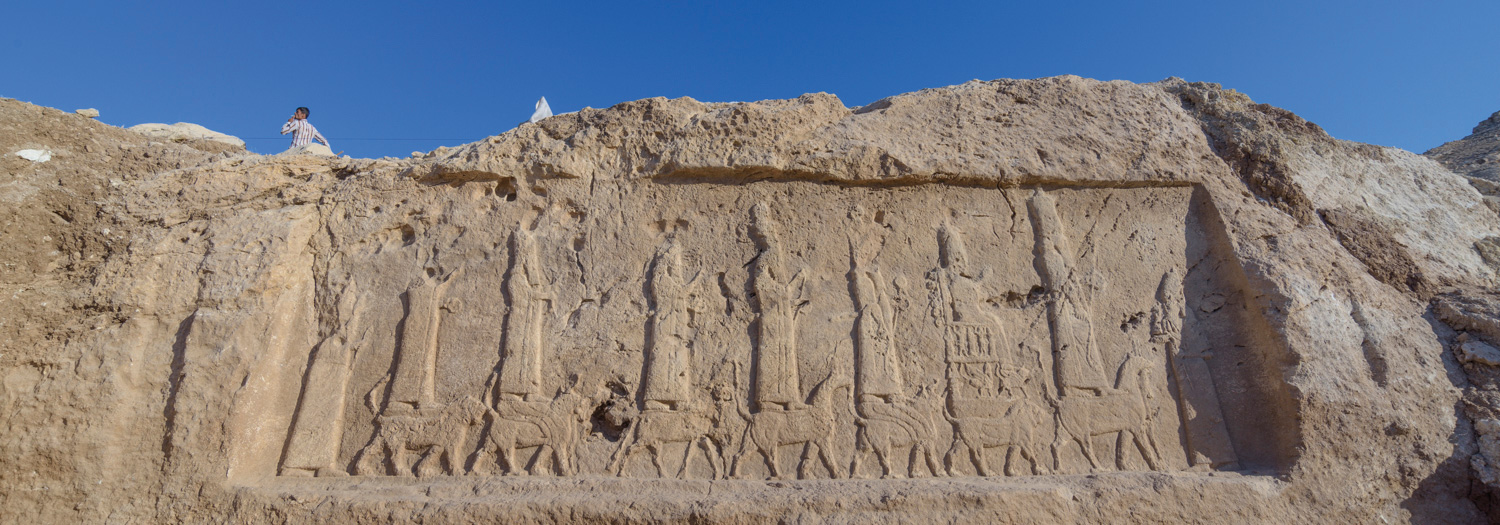 (Land of Nineveh Archaeological Project)
(Land of Nineveh Archaeological Project) -
Letter from Nigeria July/August 2024
A West African Kingdom's Roots
Excavations in Benin City reveal a renowned realm’s deep history
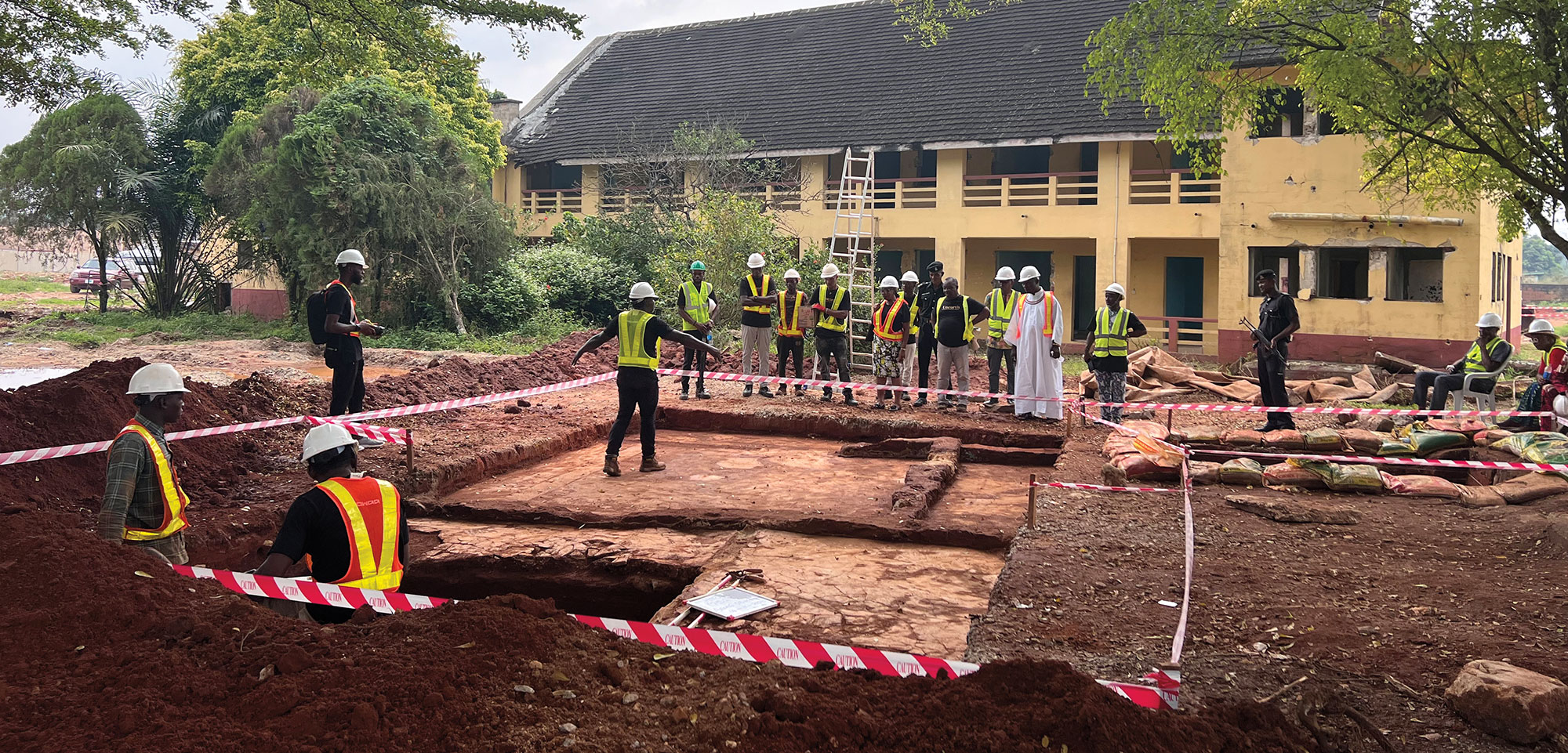 (Mike Pitts)
(Mike Pitts) -
Artifacts July/August 2024
Etruscan Oil Lamp
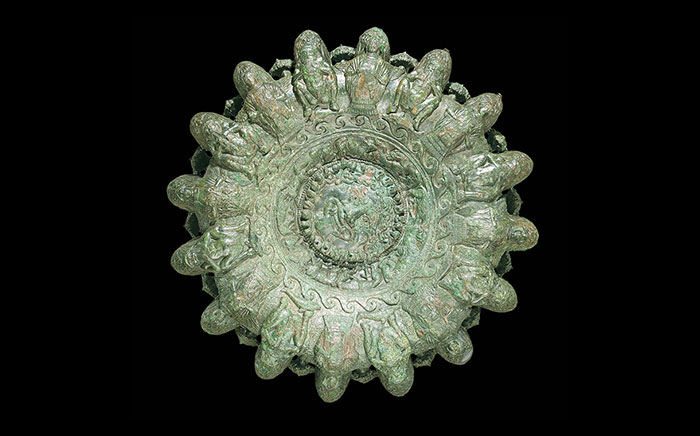 (Courtesy Museo dell’Accademia Etrusca e della Città di Cortona; © DeA Picture Library/Art Resource, NY)
(Courtesy Museo dell’Accademia Etrusca e della Città di Cortona; © DeA Picture Library/Art Resource, NY) -
Digs & Discoveries July/August 2024
Bronze Age Beads Go Abroad
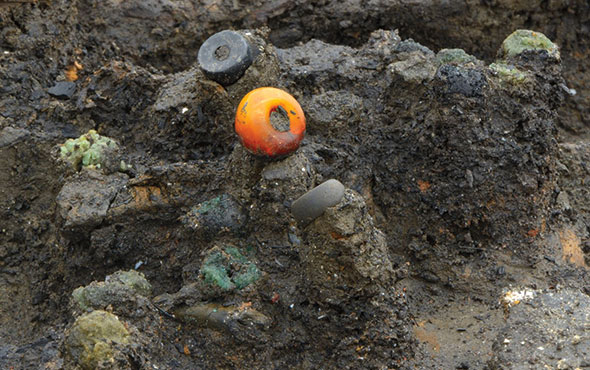 (Courtesy Cambridge Archaeological Unit)
(Courtesy Cambridge Archaeological Unit)


